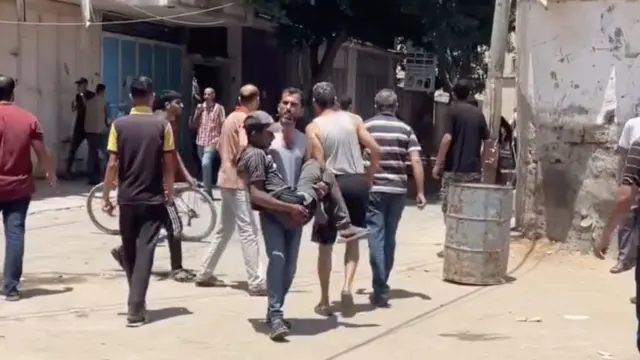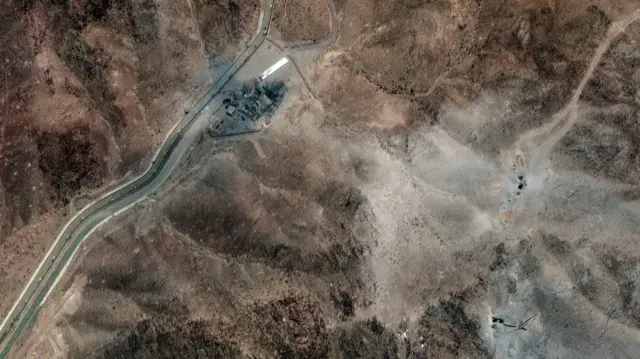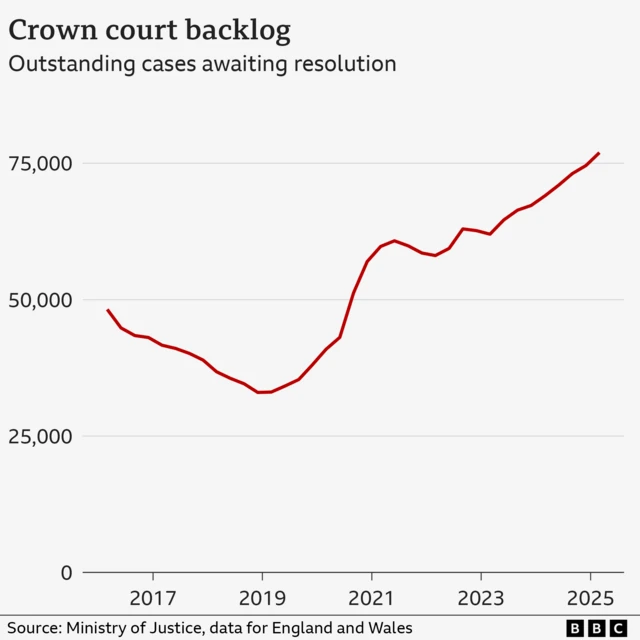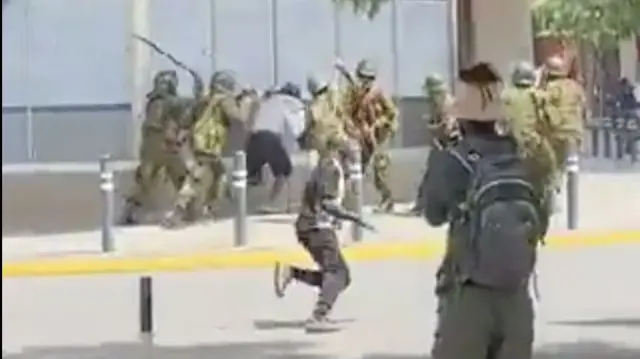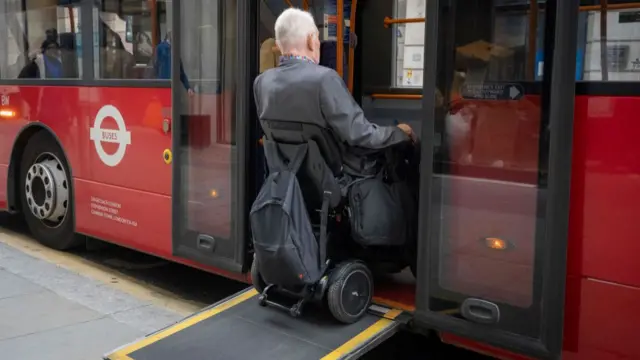Thursday on BBC Verify Livepublished at 17:34 BST 26 June
 Emma Pengelly
Emma Pengelly
BBC Verify journalist
We’ll be finishing our live updates shortly. Today we’ve unpacked the UK government’s proposed changes to welfare benefits, explained how disability assessments actually work and fact-checked a claim about climate change made by US podcaster Joe Rogan.
After violent anti-government protests in Kenya yesterday, we’ve been using open sources to find out more information about those who were killed. This evening we’ll continue that work using social media to corroborate the names and details of those that died.
Our late team will also be monitoring developments in Gaza after details emerged of a drone strike in the centre of the territory.

